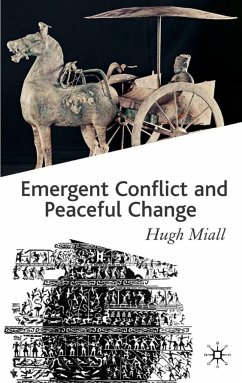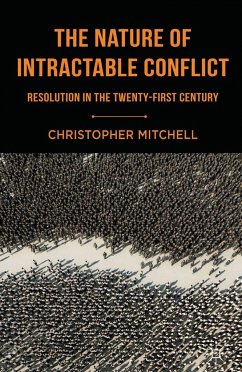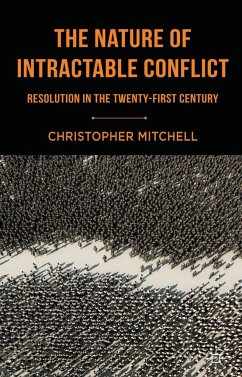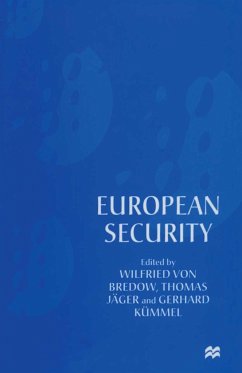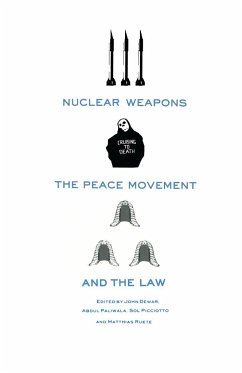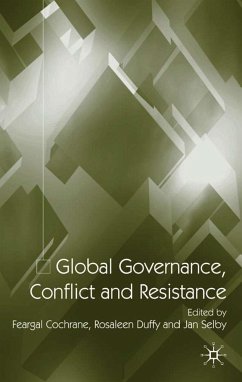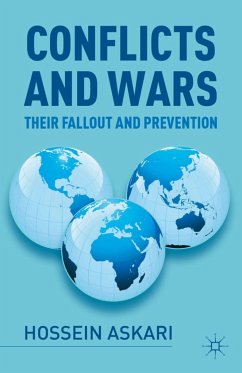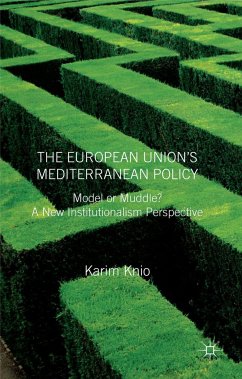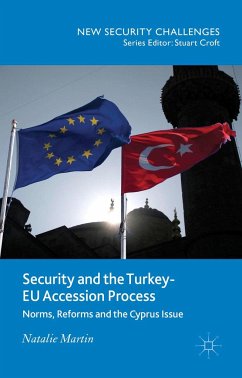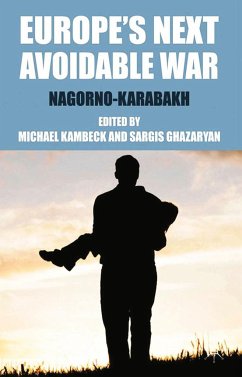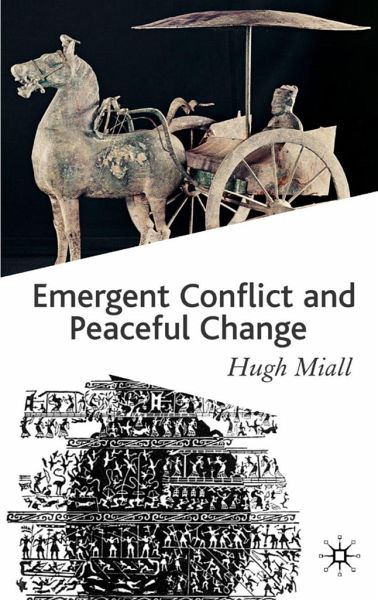
Emergent Conflict and Peaceful Change
Versandkostenfrei!
Versandfertig in 6-10 Tagen
38,99 €
inkl. MwSt.
Weitere Ausgaben:

PAYBACK Punkte
19 °P sammeln!
Hugh Miall draws upon conflict theory, case studies of averted conflict and a survey of the preventors of war since 1945 to explore how some conflict can be avoided at times of great social or political change. He also looks ahead to discuss the prevention of emerging global conflicts, focusing on climate change.





